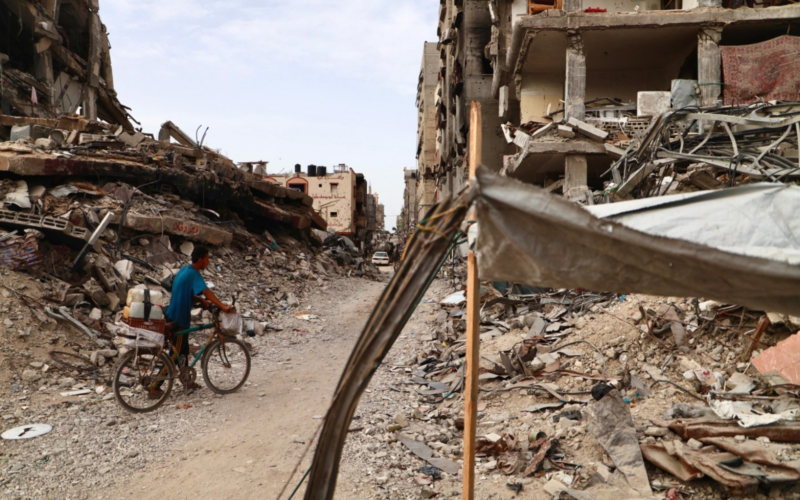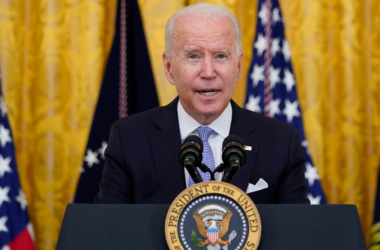A United Nations report released on Wednesday has accused both Israeli and Palestinian forces of committing war crimes during recent hostilities, emphasizing the devastating impact on civilians in the Gaza Strip and Israel. The detailed investigation, carried out by the U.N.’s Independent International Commission of Inquiry, provides a critical examination of violence and human rights abuses on both sides of the conflict.
Summary of Findings:
The report, which focuses on the events surrounding the October 7 attack by Hamas and Israel’s subsequent military response, highlights severe violations of international law:
Hamas and Palestinian Militants: The commission documents that over 1,200 people, including 800 civilians, were killed by Hamas and other armed groups during the attack on Israel. Additionally, more than 250 individuals, including 36 children, were taken hostage. The report accuses these groups of deliberately targeting civilians, committing acts of abduction, and engaging in sexual violence, which are classified as war crimes under international law.
Israel’s Response: The report criticizes Israel’s military actions in Gaza, accusing it of collective punishment and crimes against humanity. It notes that the extensive use of heavy weaponry and airstrikes in densely populated areas resulted in massive civilian casualties. The commission argues that Israel’s actions amounted to “an intentional and direct attack on the civilian population,” particularly affecting women and children. The siege on Gaza, involving severe restrictions on essential supplies such as water, food, and medical aid, is described as the use of starvation as a method of warfare.
Details of Violations:
The report elaborates on several specific allegations:
Sexual Violence: The commission reports instances of sexual violence by Hamas militants during the October 7 attack, including physical and sexual abuse of captives. Although it could not independently verify some media-reported claims of rape and sexualized torture, the commission found credible evidence of systematic sexual abuse. It also accuses Israel of sexual and gender-based violence during its operations in Gaza, including psychological abuse and sexual harassment of detainees.
Civilian Impact: Both sides are accused of failing to distinguish between combatants and civilians. The report highlights the immense toll on children, not just in terms of fatalities but also in the number of orphans created by the conflict. It also criticizes Israel for failing to ensure safe evacuation routes and adequately protect civilians who followed its evacuation orders.
Challenges in Investigation:
The commission faced significant obstacles in conducting its inquiry. Israel did not participate and obstructed the commission’s attempts to communicate with key witnesses. As a result, many interviews were conducted remotely or with individuals who had fled to Egypt and Turkey.
Reactions:
Hamas: The group has denied allegations of sexual violence against Israeli women and has contested the findings related to its conduct during the October 7 attack.
Israel: Israel’s U.N. mission in Geneva dismissed the report as biased and criticized the commission for allegedly equating Hamas’s actions with those of the Israeli military. Israel also accused the commission of downplaying the use of civilians as human shields by Palestinian militants.
Conclusion:
The U.N. report underscores the severe human rights violations committed by both Israeli and Palestinian forces and calls for accountability for these actions. As the conflict continues to inflict suffering on civilians, the findings present a critical basis for potential legal proceedings and efforts to address the ongoing humanitarian crisis in the region.
The full report, with its comprehensive legal analysis, is expected to play a significant role in shaping future international responses to the conflict in Gaza and Israel.








